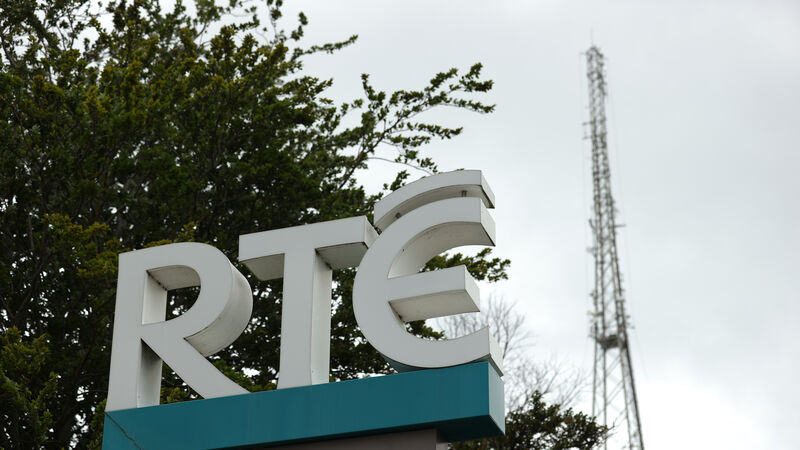Union warns staff ‘picking up tab for poor governance’ amid RTÉ job loss reports

RTÉ staff are set to pick up the tab for management and governance failures at the broadcaster, unions have warned.
The Trade Union Group (TUG) at RTÉ has expressed concern at a reported reform plan that includes a move to cut 400 jobs by 2028.













